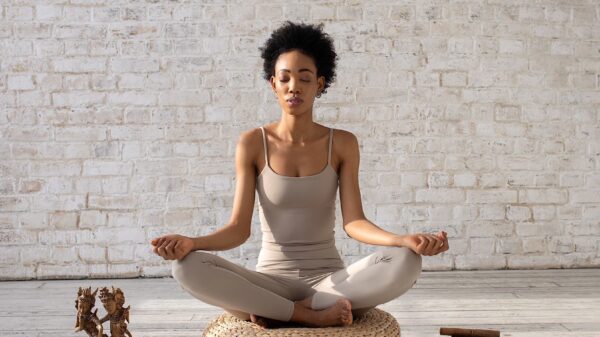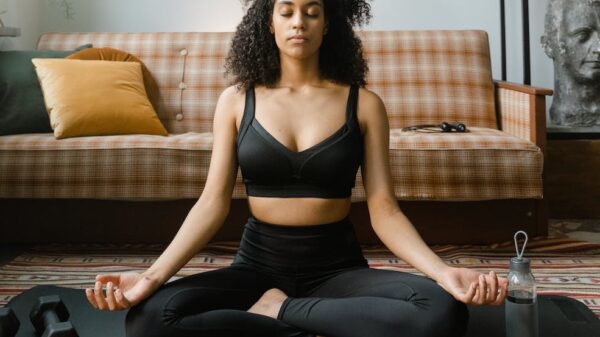Acceptance, mindfulness, breathing techniques bring calm. Therapists share techniques to care for mental health during COVID-19. Over the past few weeks, the lives of billions of people around the globe have been irrevocably changed. People are fearful that they will contract the virus, worried about finances and feeling isolated. Everyone is adjusting to changes to their daily routines and a sense of uncertainty as to what comes next.
In these uncertain times, it is more important than ever to take small steps to maintain your mental health, says Amy Shuman, a Licensed and Independent Clinical Social Worker (LISCW) and a trainer with ART International, a nonprofit devoted to increasing access to mental health care.
“One thing that can really make a huge difference is to create a schedule for your day. Whether you are elderly, taking care of little kids, or are living alone, the world is not going to feel so big and scary when you have a to-do list.” She continues by suggesting that if you find yourself with extra free time, this can be a great opportunity to tackle a project you have long put off. In contrast, if you find yourself especially busy, she points out that it is important to schedule time for relaxation and self-care.

When feelings of anxiety arise, Shuman suggests using deep breathing, meditation, or mindfulness. If you are able to go outside, try to spend time in nature every day, and mentions that exercise is also excellent for managing anxiety. She states, “Challenge yourself to stay present in the moment. Tune into your senses and observe what you are seeing or hearing. That helps quiet the mind and calm anxiety and depression.”
Because we are maintaining physical distance from others does not mean we need to practice emotional distance, Shuman says. She believes that connecting with others is more important than ever and suggests that calling, texting, or sending letters to relatives, friends, and neighbors can be very helpful. Another great option is to set-up virtual gatherings via videoconferencing.
Checking in on neighbors, especially people who are elderly or have health problems, is also helpful in staying connected. Shuman suggests to ask yourself, “Is there anything I could do to help them?” “Helping other people boosts your mental health,” says Shuman. Look for volunteer opportunities near you. Could you sew masks for healthcare workers? Read stories to children through video chat? Bring donations to a food bank?
Shuman advises to remember to follow regular guidelines for health. Fill up on vegetables, fruit, and lean proteins, and to try to avoid eating junk food as a way of coping with stress. It is also important to avoid turning to alcohol during this stressful time. Alcohol is a depressant, and additionally, excessive drinking can suppress the immune system.
She also suggests keeping a gratitude journal and starting the day by writing five things you are thankful for. They can be small things, such as the light falling on the carpet or the budding tree outside your window.
“Try to shift from worrying about the future to just noticing the present moment,” says Shuman. “That’s the way the yogis have been maintaining calm for thousands of years.” For more information about ART, you may also visit www.ARTherapyInternational.org.






































